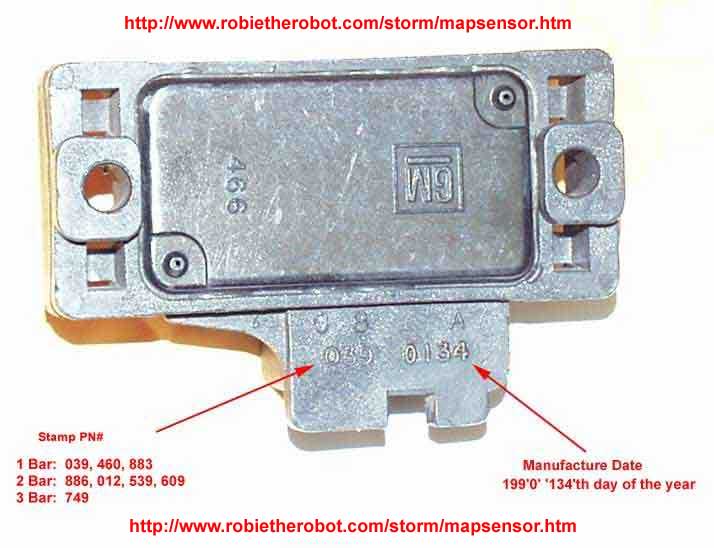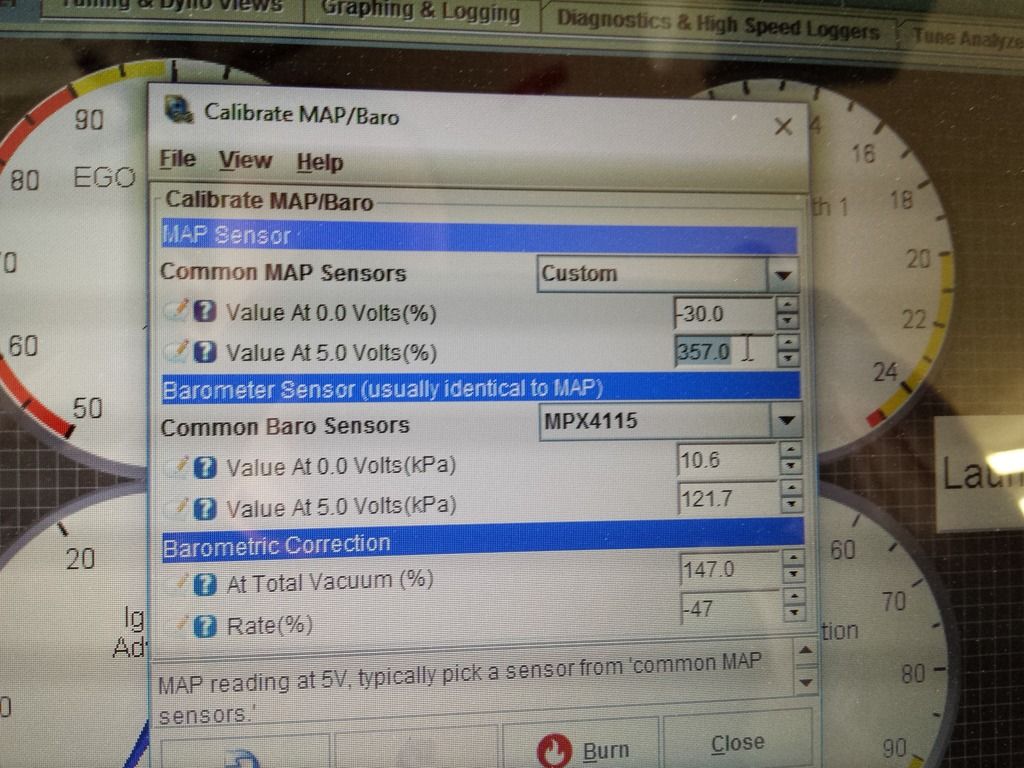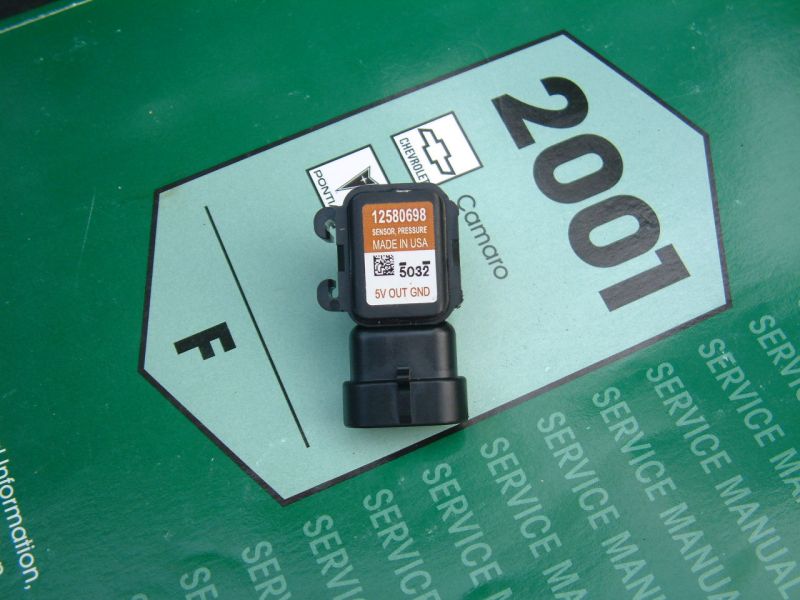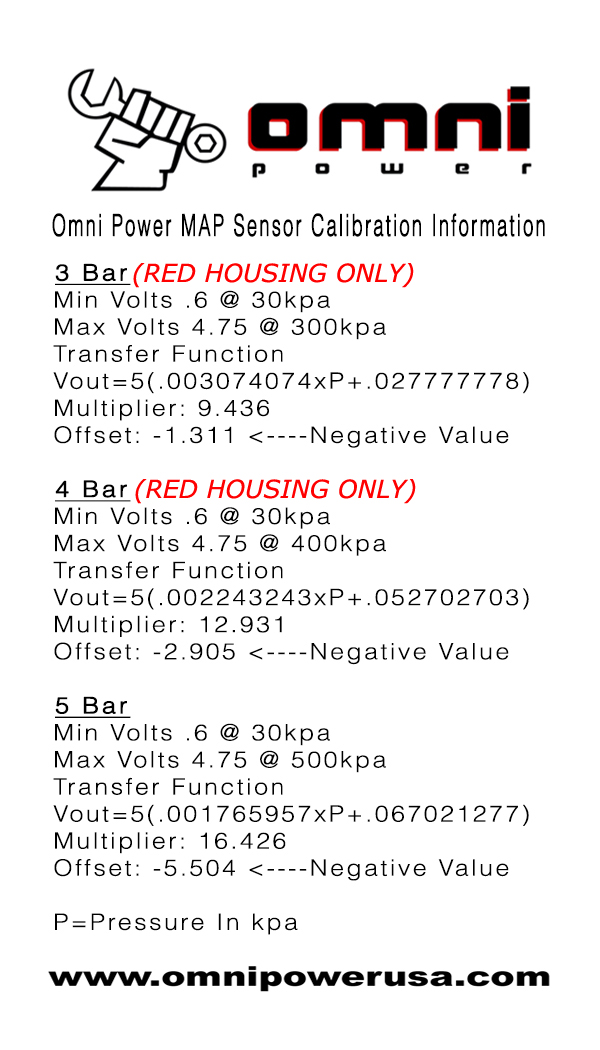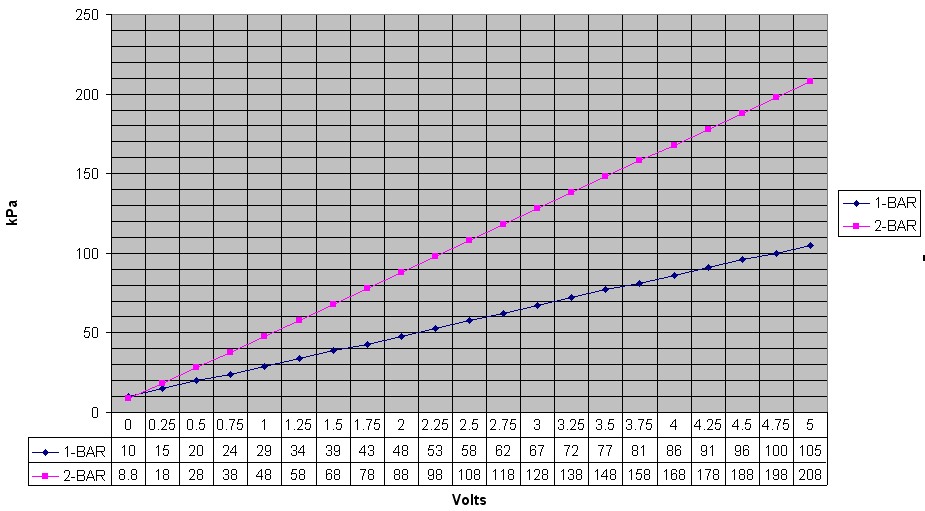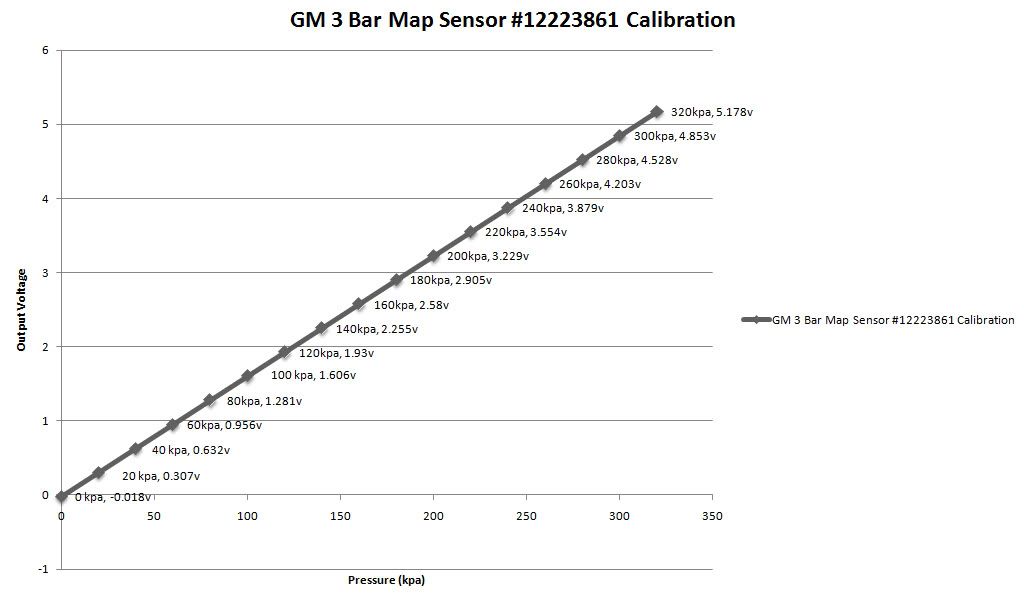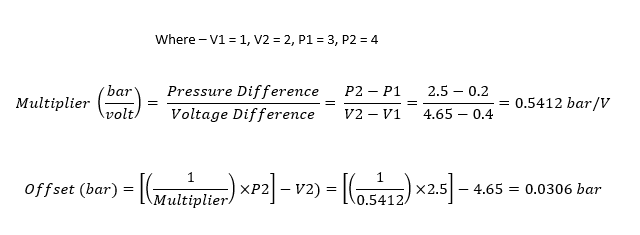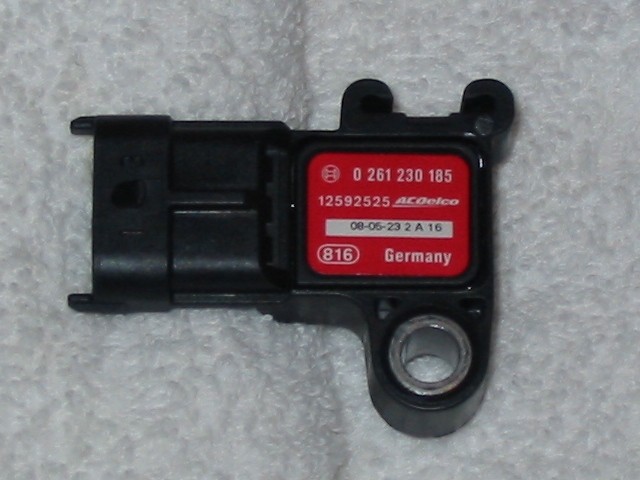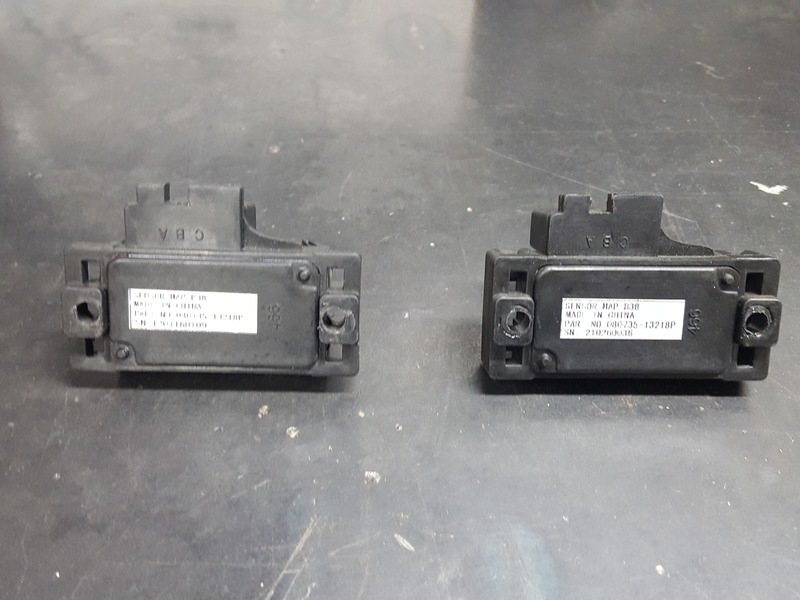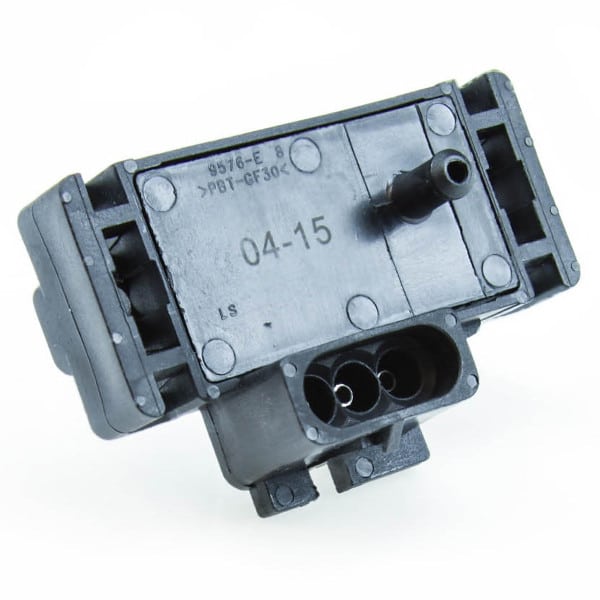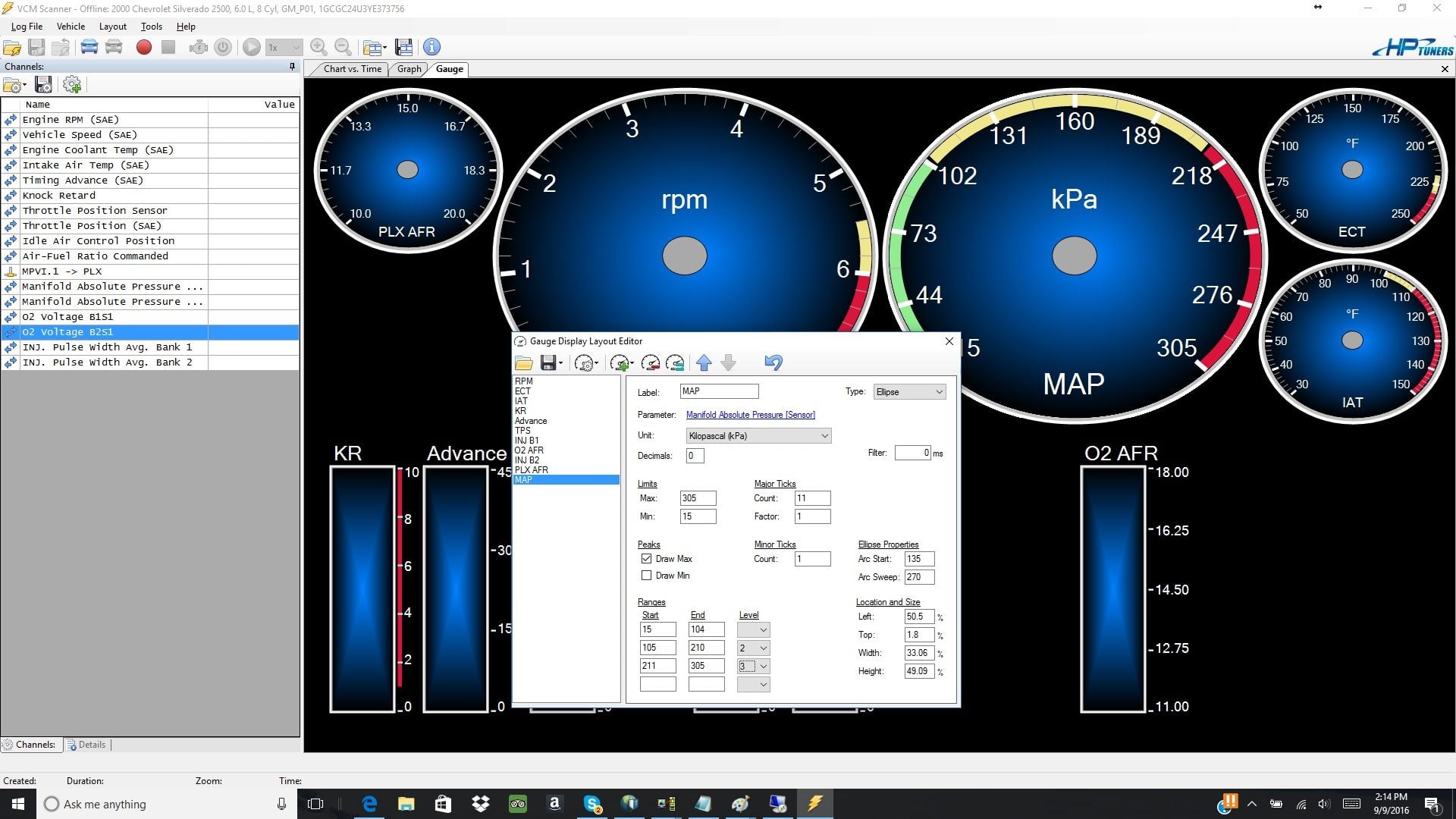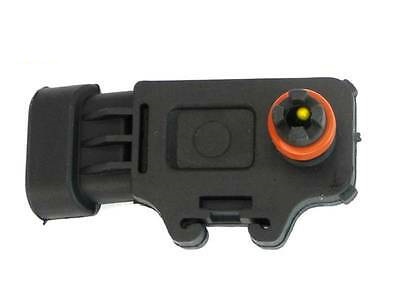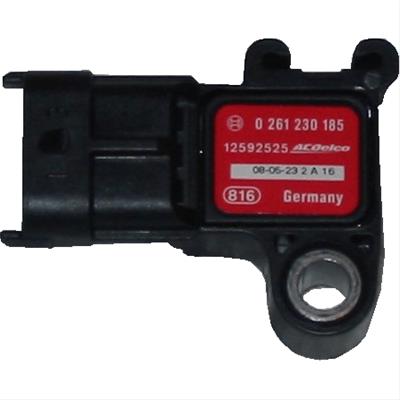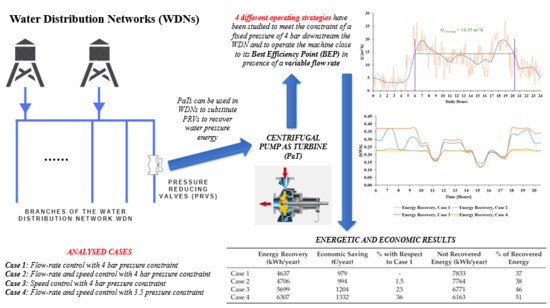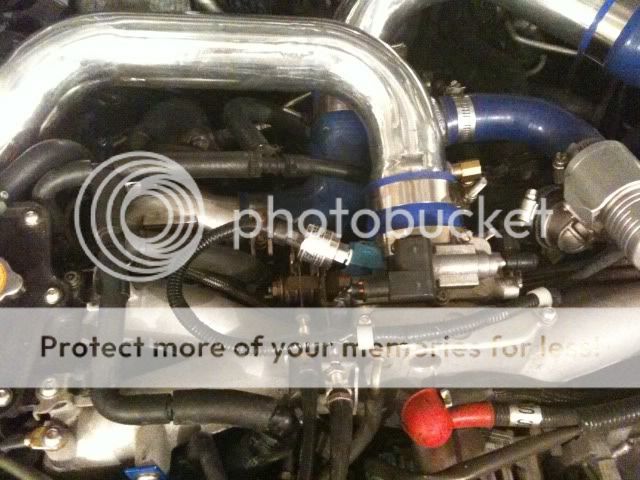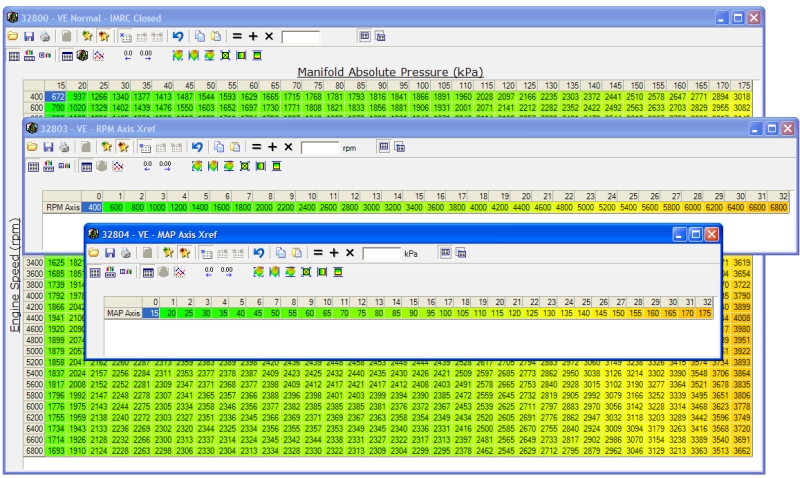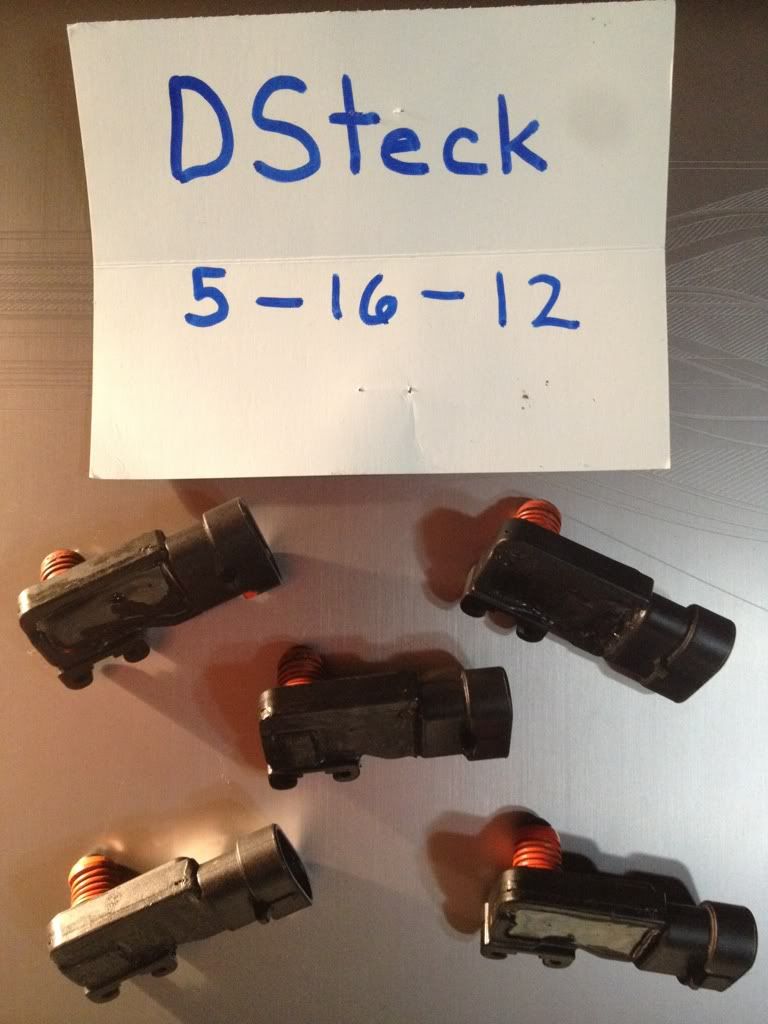Gm 2 Bar Map Sensor Offset
Can i use the offset to bump up the kpa to 102 or is the 002 difference not worth worrying about.
Gm 2 bar map sensor offset. I m running a holley hp with a 3 5 bar map sensor. Find chevrolet performance map sensors 12592525 and get free shipping on orders over 99 at summit racing. Installing a supercharger or turbo on your lsx powered vehicle. These sensors accurately produce voltage or frequency as intake manifold pressure changes and the computer uses this information to measure.
Chevrolet performance map sensors are high quality direct fit replacements for worn or malfunctioning map manifold absolute pressure sensors. Convert the pressures to mbar. The sensor reads 4 with the engine off. I added 4 in the map sensor offset and it only changed to 3.
This is for the gm delphi 3 bar map sensor with part number gm part 12223861. I found the specifications a few voltage mbar specs at this online store s product page. Key on the gm map sensor read 102 the holley map sensor reads 100. According to the specs the gm 3 bar reads the following pressure is absolute 501 761 volts 631 average 40 kpa 4 784 5 044 volts 4 914 average 304 kpa.
They can measure up to 2x the apmospheric pressure 29 4psi so that means it can measure up to 14 7psi boost the atmosphere is 14 7psi 14 7psi from the turbo supercharger. 2 bar map sensors are used on forced induction vehicles turbo supercharged. Here is how to calculate the scalar and offset for a map sensor. If your tuner recommends it you may need to use a two bar map sensor for your application.
1 bar map sensors are used on na naturally asperated vehicles. Genuine gm 2 bar map sensor. Also known as boost solenoid pressure sensor m a p sensor barometric sensor barometric pressure sensor manifold absolute pressure sensor etc. 1 bar map sensors are used on na naturally asperated vehicles.
I ve been running a 3 bar gm 2525 and switched to a holley 2 bar. Find the minimum and maximum voltage and absolute pressures. Subtract the minimum and maximum voltages to find the range then do the same for the pressures. Divide the pressure range by the voltage range to calculate the scalar.
